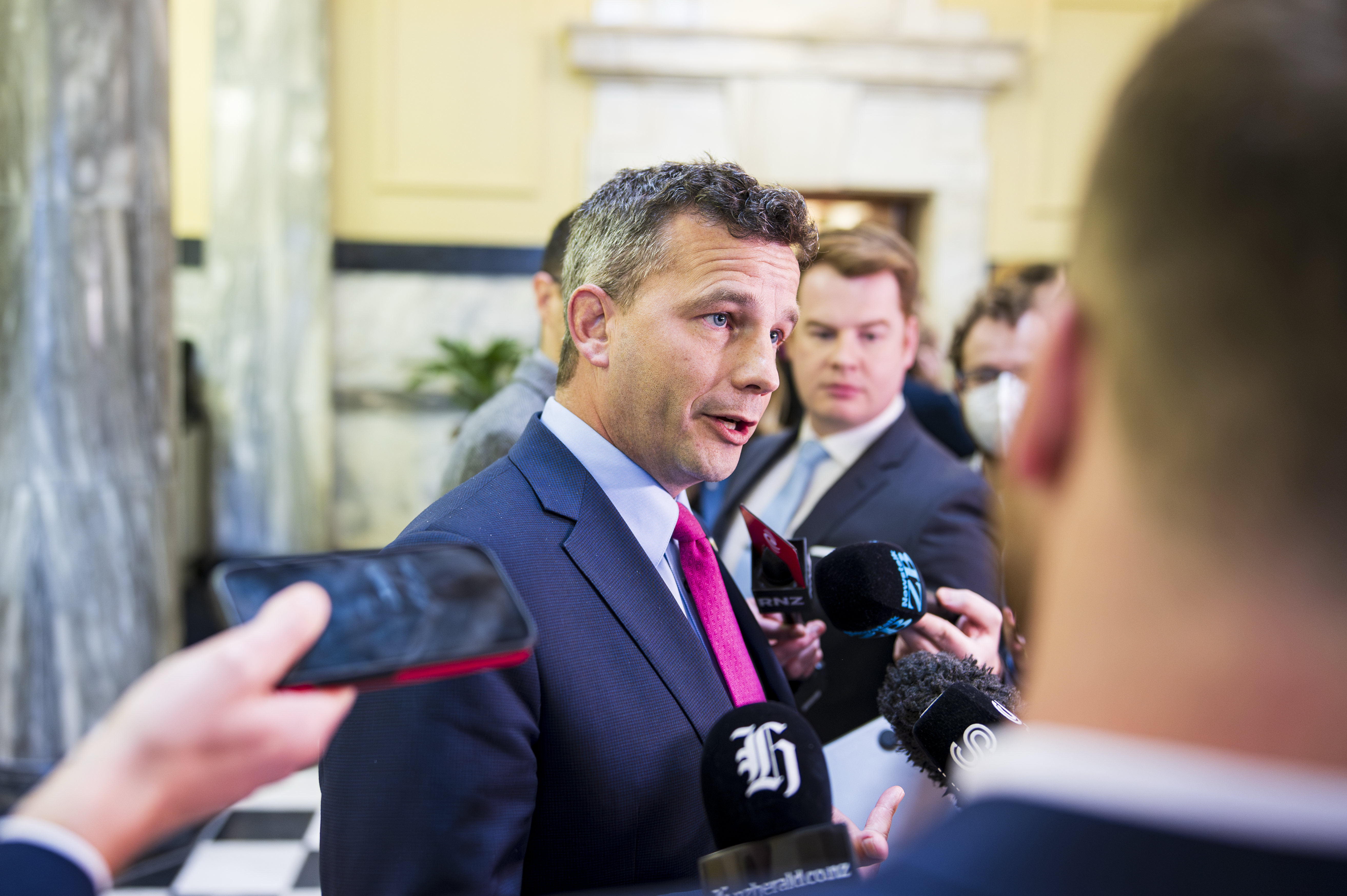
David Seymour
Leader
MP for Epsom
Deputy Prime Minister
Minister for Regulation
About
David Seymour grew up in Whangārei with two brothers, a Pharmacist Mum, and a draughtsman Dad. He was exposed to business from an early age, and has always volunteered in his community.
He studied electrical engineering and philosophy at the University of Auckland, his first job was working night shift at a sawmill, and his first full time job was on a design project for a fibre optic roll out.
He first joined ACT as a student, drawn by a deep belief in personal freedom and responsibility. He believes anyone can get elected promising one voter free money taxed off another. The challenge he gets up for is winning power without promising to hand out other people’s money. His OE took him to Canada, before he came home to serve in Parliament.
First elected by his Epsom Electorate neighbours in 2014, he has now been elected four times. That same year, he became ACT’s leader, bringing renewed energy and focus to the party.
David passed End of Life Choice Act, giving New Zealanders the right to make decisions about their own lives. It was a landmark law, passed by referendum in 2020. He’s just as determined when it comes to education, working to bring back charter schools, cut red tape, and protect every citizen’s freedom to make a difference in their own life, and the lives of those they care about.
Outside Parliament, you’ll often find David talking to locals about the real issues they face – he reckons there’s no better way to stay grounded. He bikes to work most days in Epsom, is a lifelong rugby fan, having coached seven seasons and played six. And yes, he had a crack at Dancing with the Stars – finishing fifth, not bad for a politician.
David brings courage, clarity, and a no-nonsense commitment to making New Zealand freer and fairer, with equal opportunity for all. He’s exactly the kind of leader ACT supporters can be proud of.



“We have moved towards the light of liberty by removing distinctions in law that once treated people differently depending on their religious conviction, their gender, or their race…We meet today at the pinnacle of several centuries of progress and we ain’t going back.”






